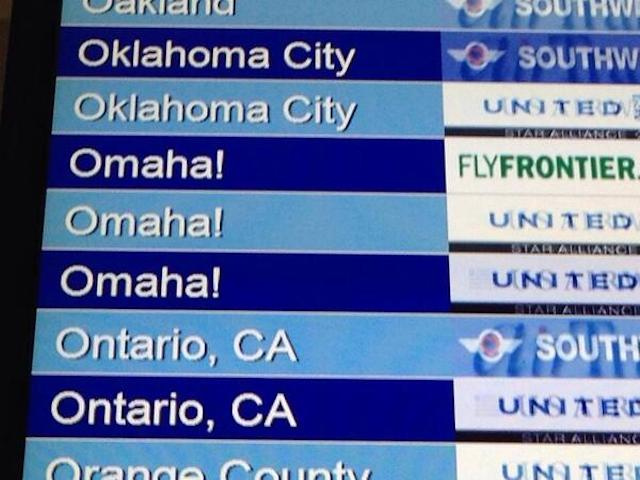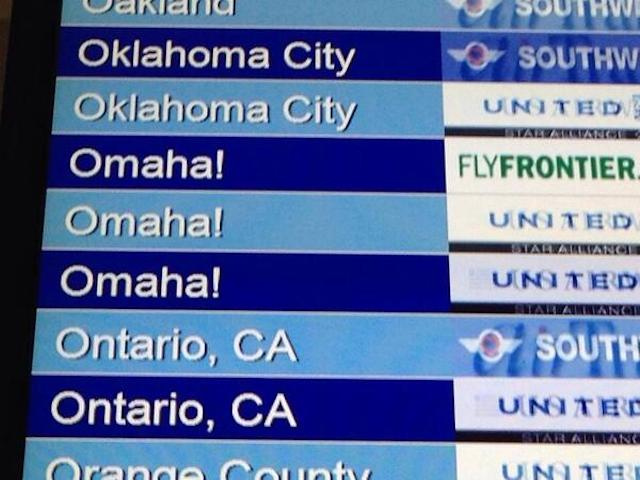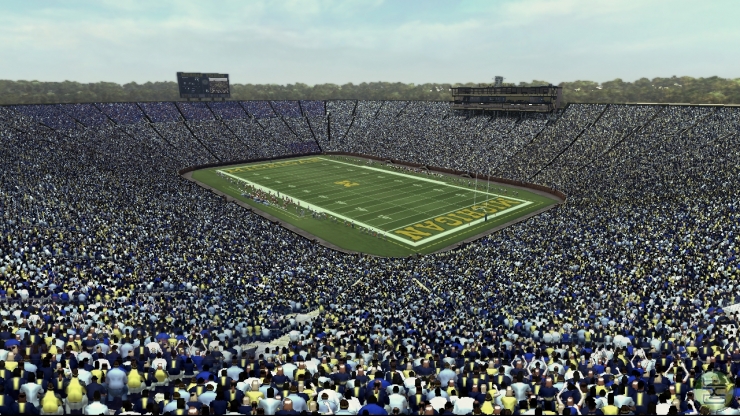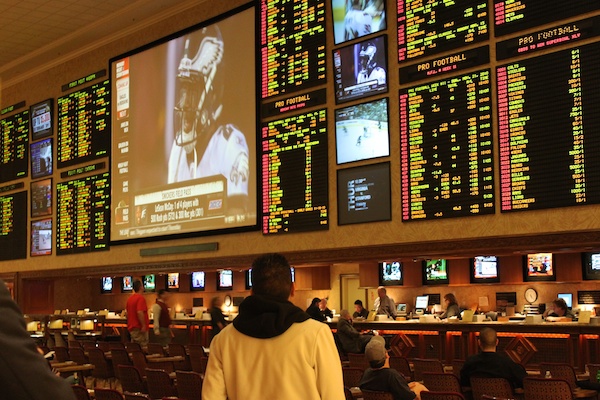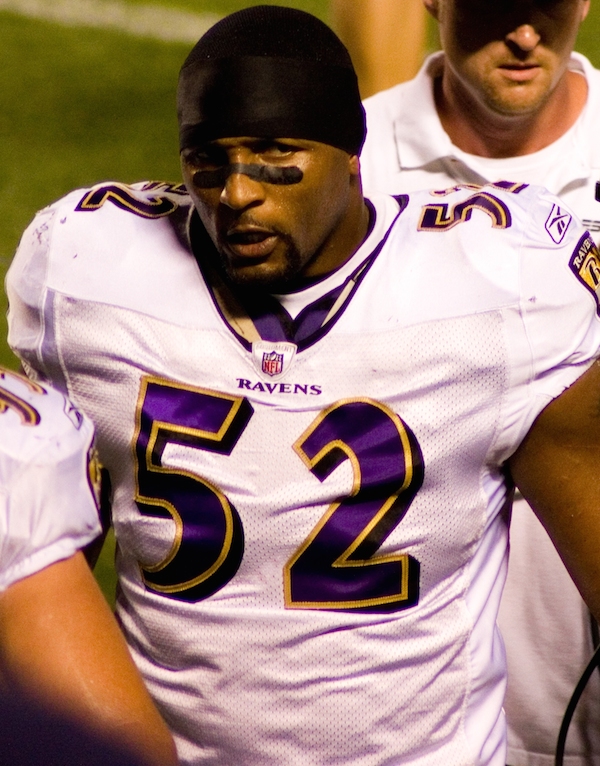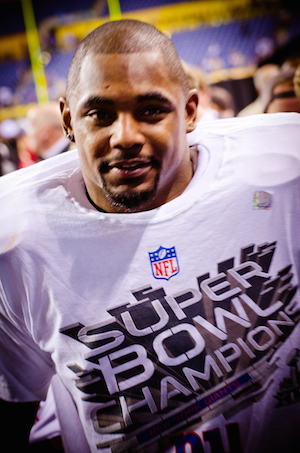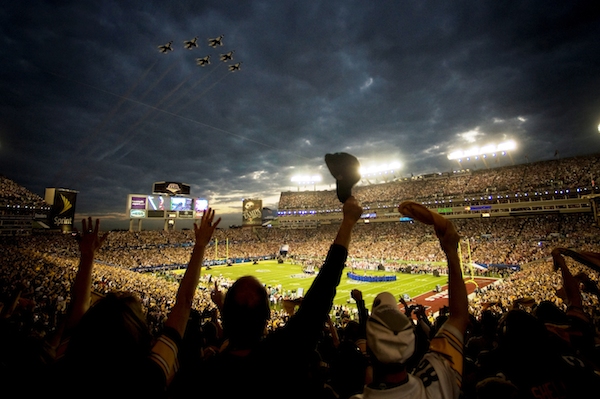Omaha is the largest city in Nebraska. It’s also become the focus of an incredible amount of attention leading up to the Super Bowl. Why? Because Peyton Manning, quarterback of the Broncos, screams “OMAHA” at least a dozen times a game. It’s become his signature phrase and a trending topic culturally.
Manning uses the word as part of his snap count. In our post a few months back to answer the questions “What is a Snap in Football?” we wrote this about the snap count itself:
The phrase “snap count” is pretty common but has two only tangentially related meanings. One meaning refers to any vocal cue that a quarterback gives to his own team to synchronize their movement with the snapping of the football. Because only one player on the offensive side is allowed to move at a time before the snap, a good snap count provides the offense with an advantage over the defense; it knows when to start moving and can get a head-start on the defensive players. Once in a while defensive players will mimic a quarterback’s snap count in an effort to get the offense to move at the wrong time. This is illegal and a defensive team may be penalized for “simulating the snap count.” Another meaning of the phrase snap count is the number of plays a player is a part of, usually in a single game. In this use, the snap is representative of a play and the count is just the act of counting the number of plays or snaps someone is a part of.
In Manning’s case, we’re concerned with the first meaning — the vocal cue. Manning uses the word “Omaha” as a vocal cue to his team and its meaning is unknown to everyone but them. Deadspin and the Boston Globe wrote articles recently which tried to decipher the meaning of “Omaha.” Neither got very far. The Globe story contained a retelling of Manning having a little fun with reporters at a recent press conference:
Broncos quarterback Peyton Manning went to the podium Wednesday in Englewood, Colo., and humorously explained that “Omaha” is a running play.
“But it could be a pass play,” he said, “or a play-action pass, depending on a couple of things. The wind. Which way we’re going. The quarter. And the jerseys we’re wearing. So it really varies play to play.”
The Omaha chamber of commerce found a way to do good while having fun:
Omaha Chamber Of Commerce pledges $1,500 to Peyton Manning’s charity for each time QB yells “Omaha” during Super Bowl. (via @darrenrovell)
— SportsCenter (@SportsCenter) January 28, 2014
As opposed to the Governor and Lt. Governor of Iowa who just tried to start a border war:
RT if you think Peyton Manning should call out “Cedar Rapids!” instead of “Omaha!” #SuperBowl #IAgov pic.twitter.com/DIZF8lWPWz
— Branstad-Reynolds (@IowasTeam) January 31, 2014
A roadtrippers group created a sincere guide to the city including places to eat, drink, and visit.
And of course, an enormous number of people are betting on how many times Manning will say “Omaha” in the Super Bowl itself. According to this Fox Sports post, the over/under on how many times Peyton Manning says “Omaha” has been set at 27.5 and is the second most popular prop bet behind the length of the national anthem. For what it’s worth, I would take the under — what if he does switch to “Cedar Rapids?” If you need a refresher course on Super Bowl betting, check out our guide from last year.
That’s it for the Omaha edition of our Super Bowl preview. If you missed the British edition, you can find it here. Thanks for reading!

